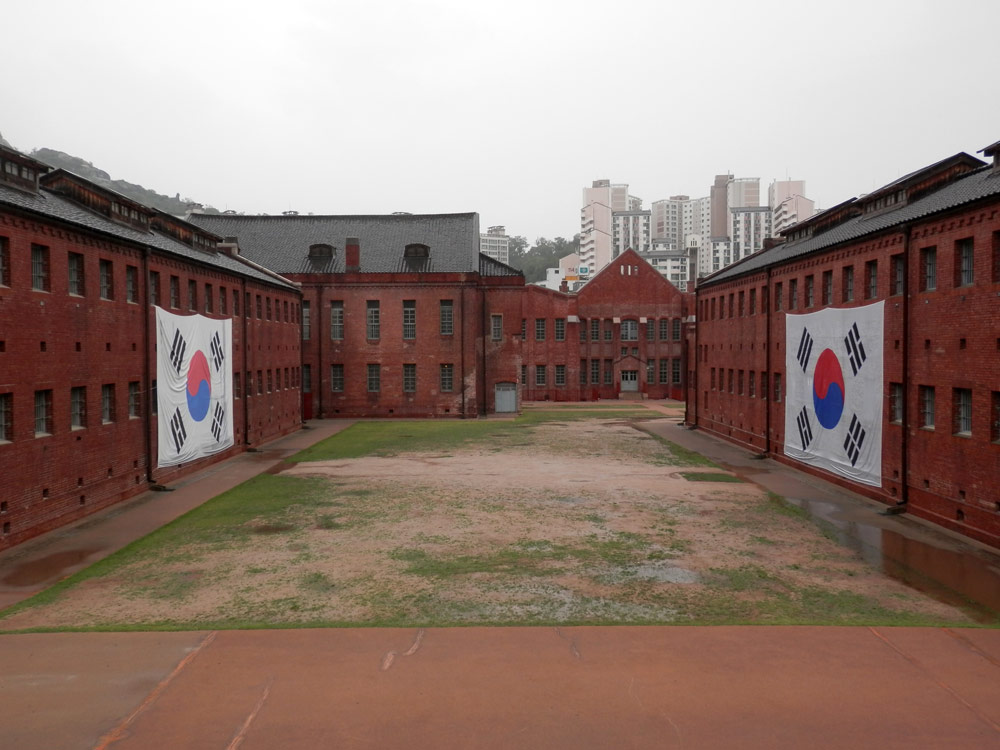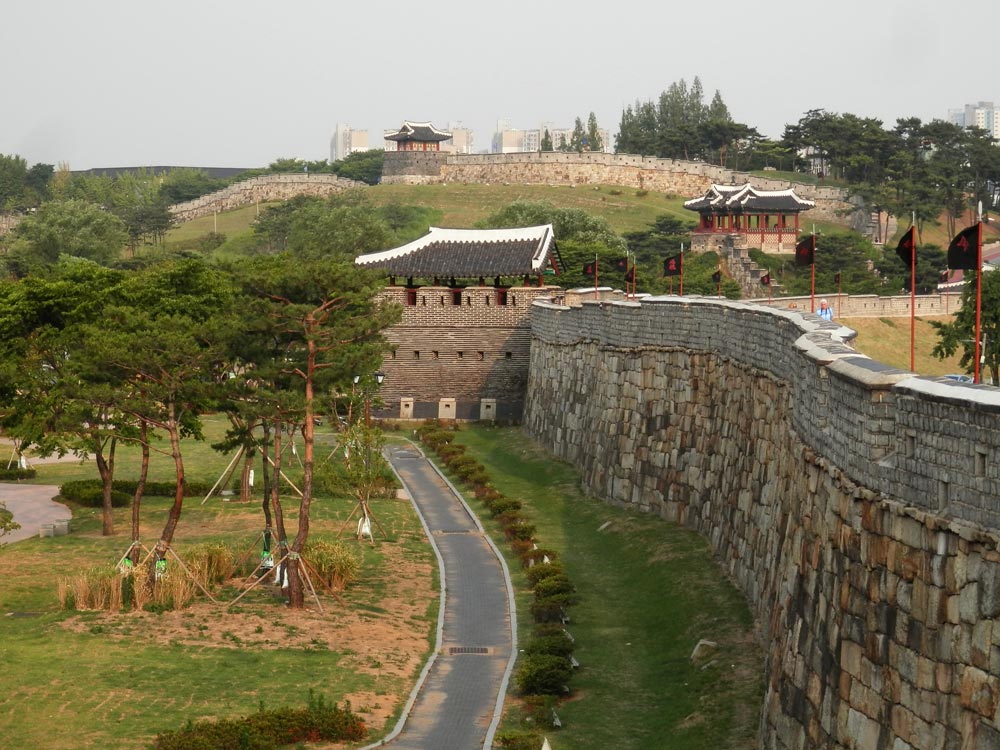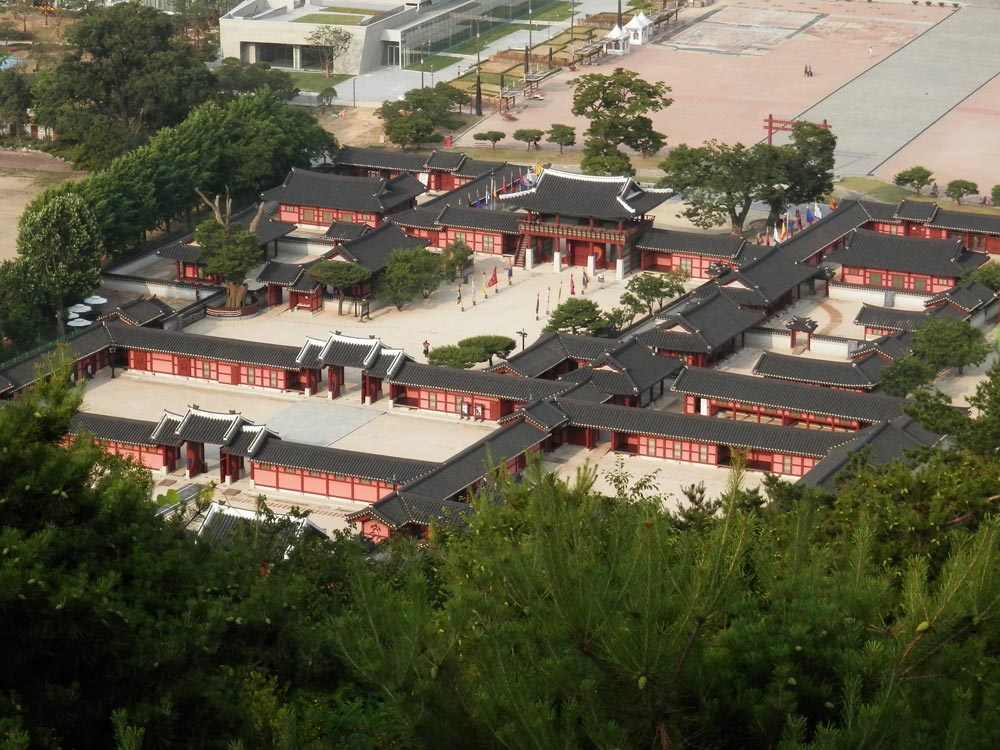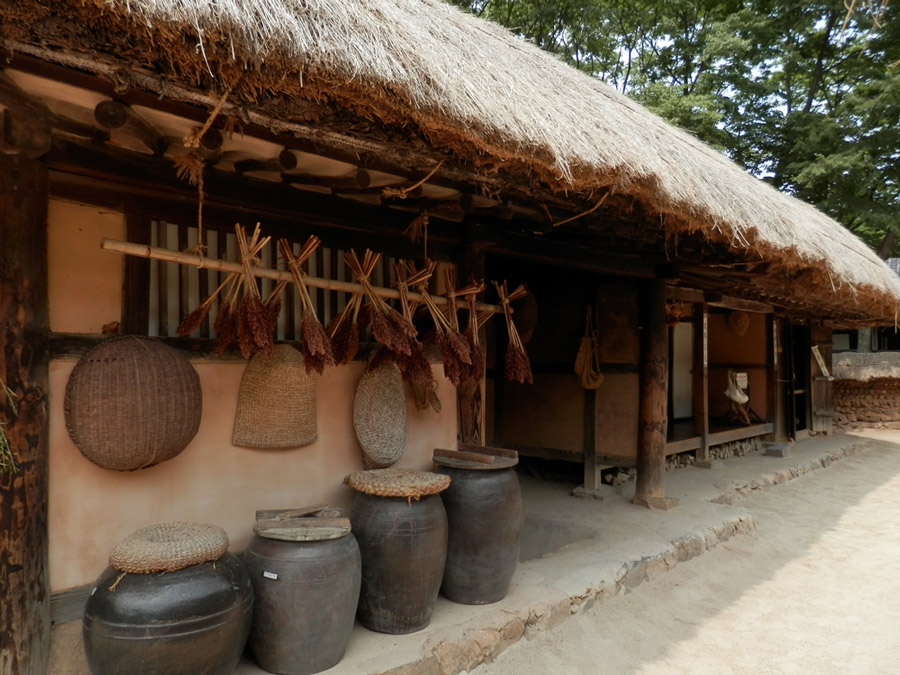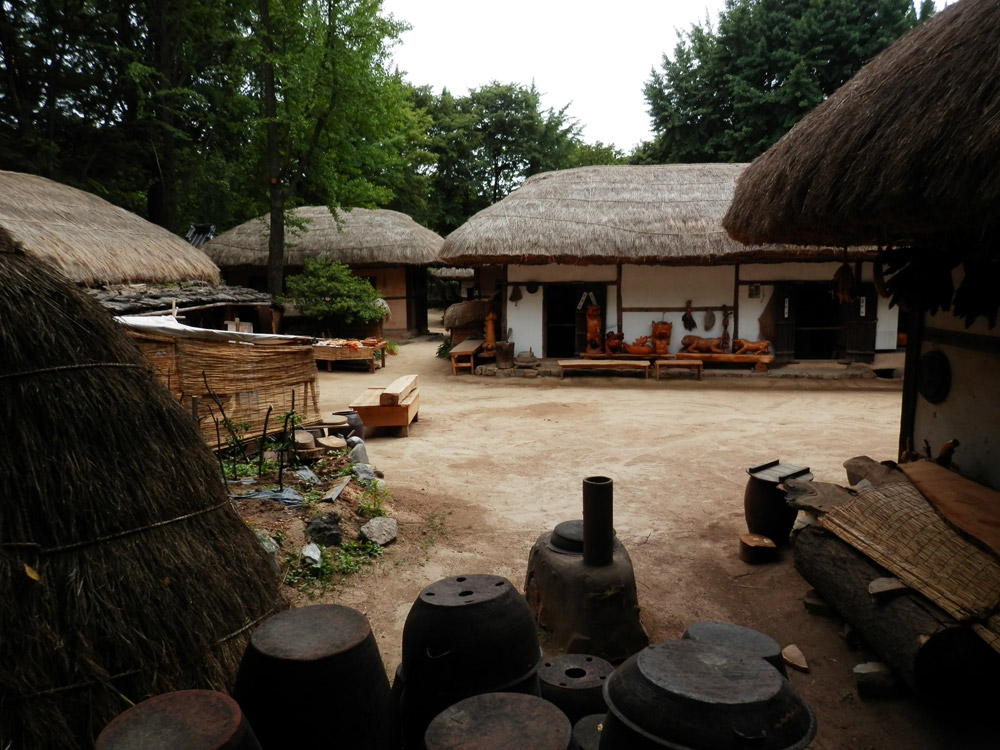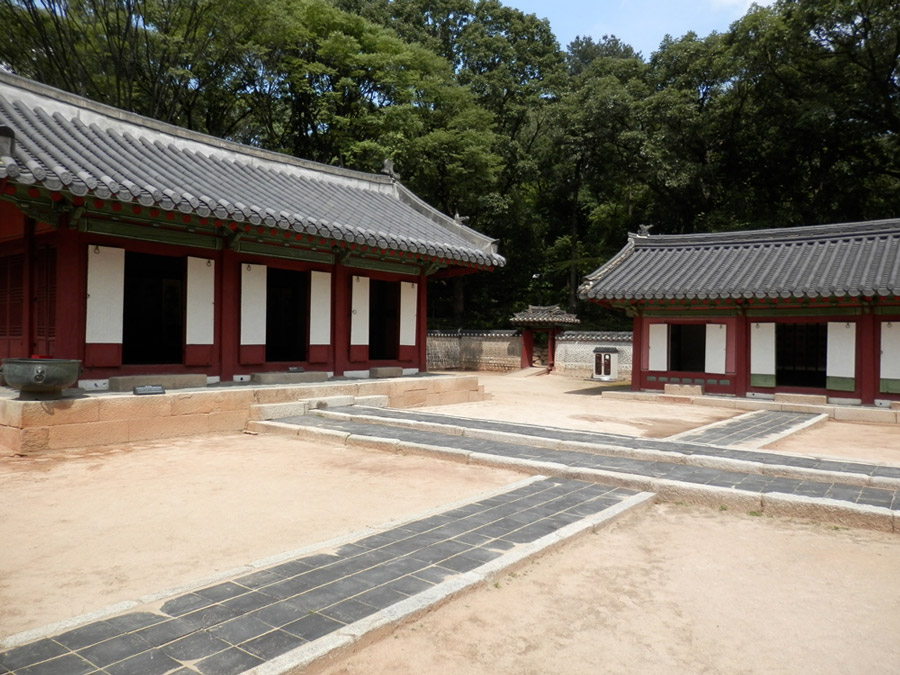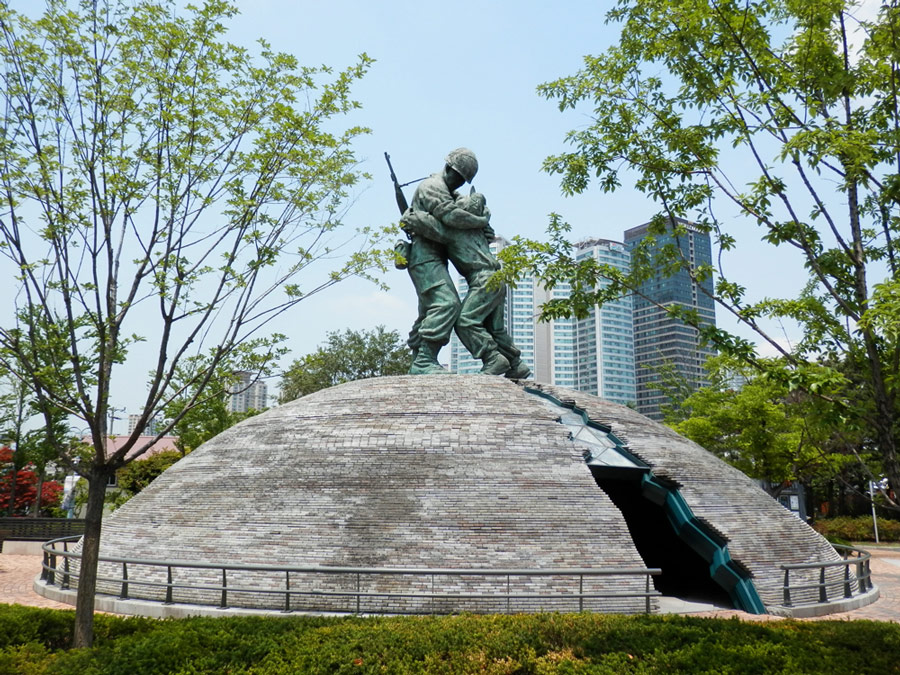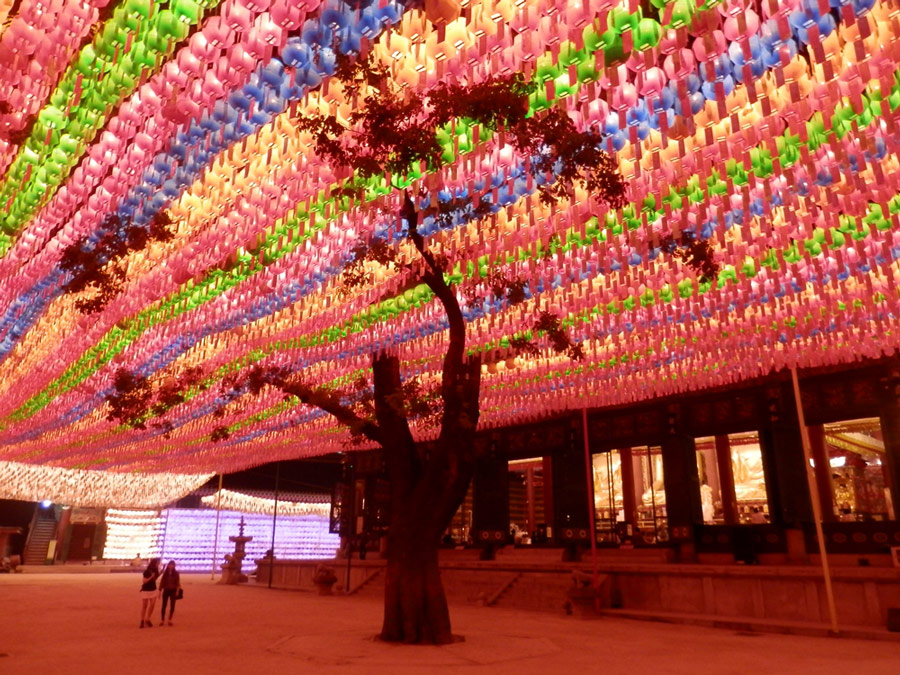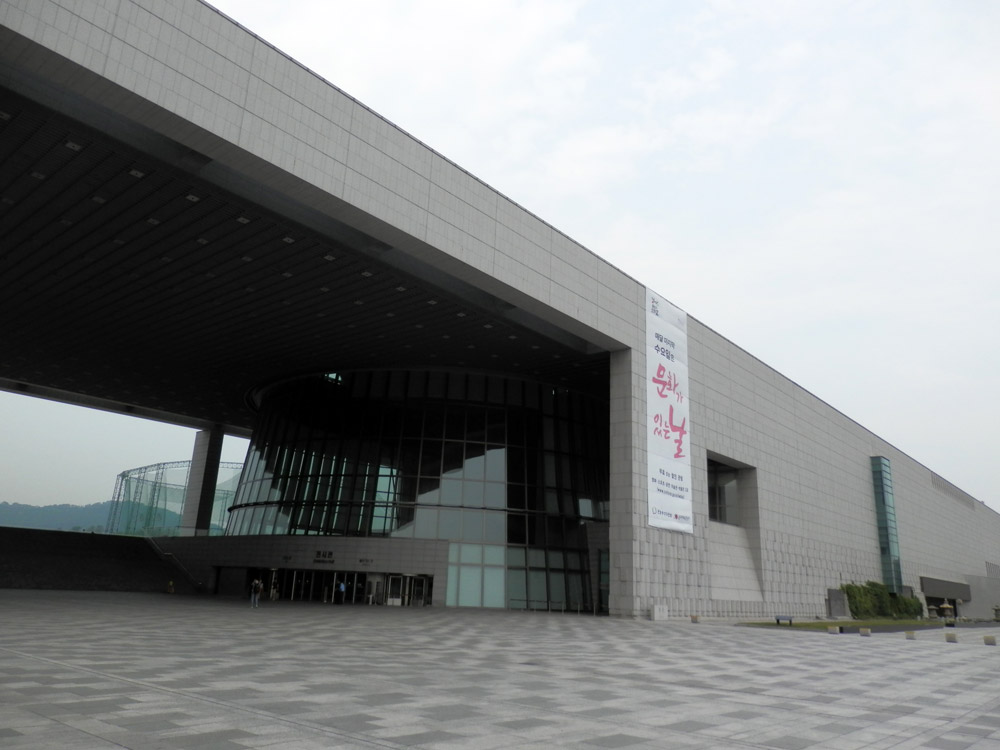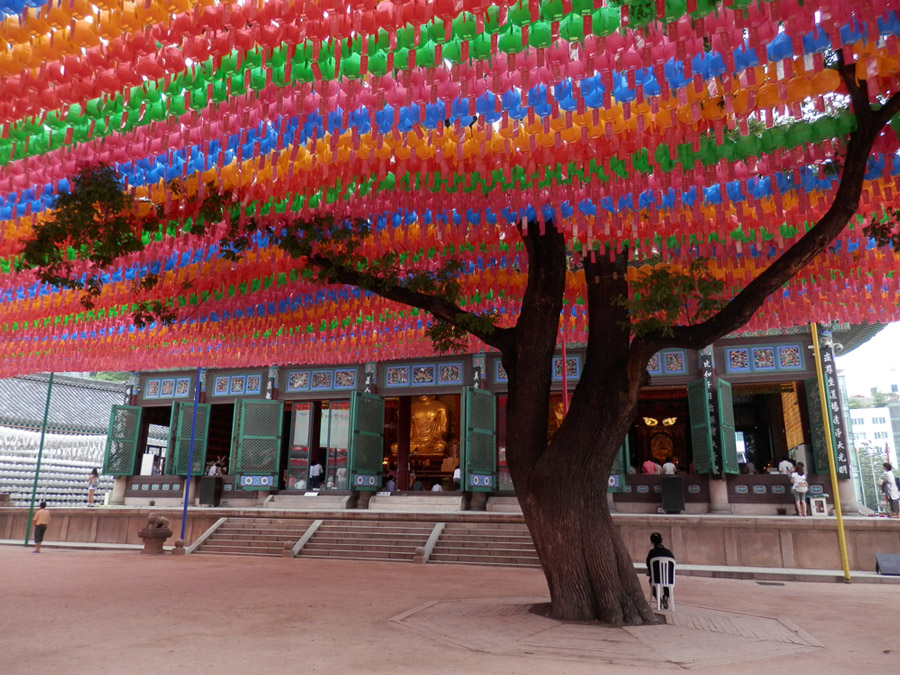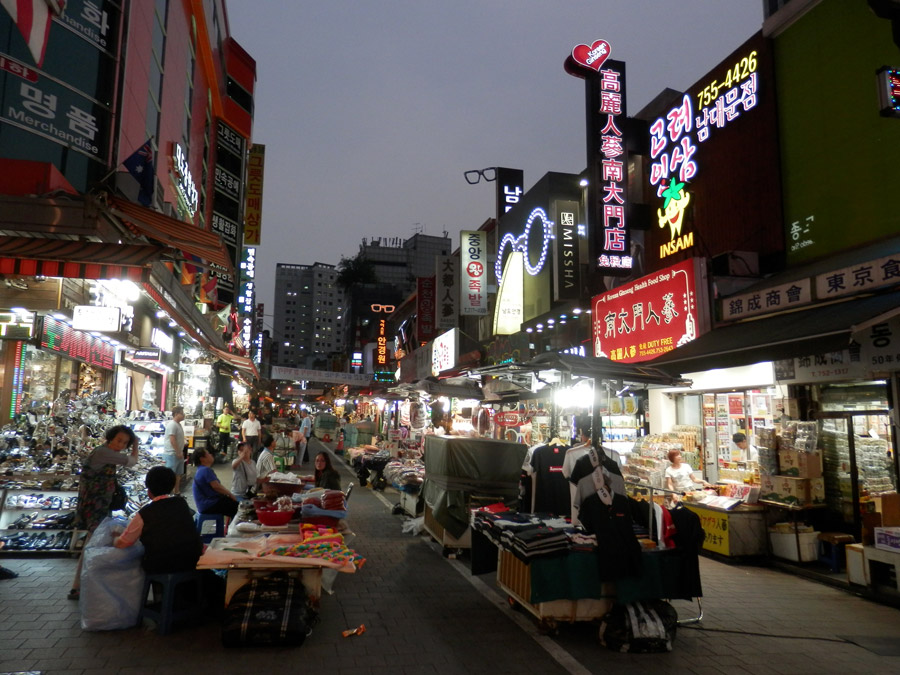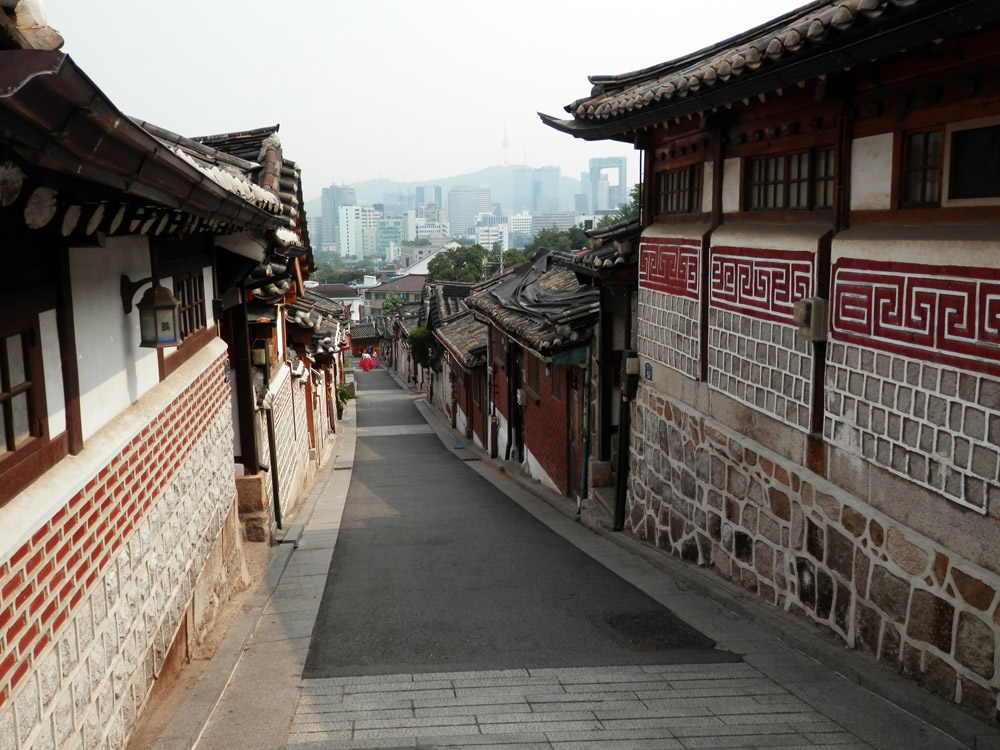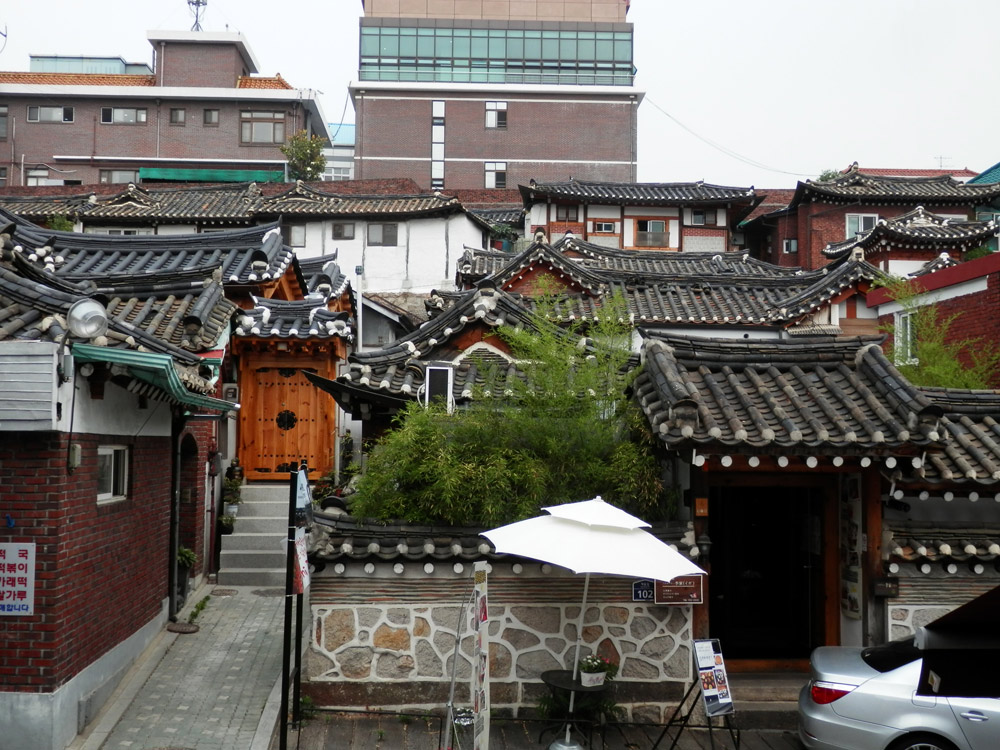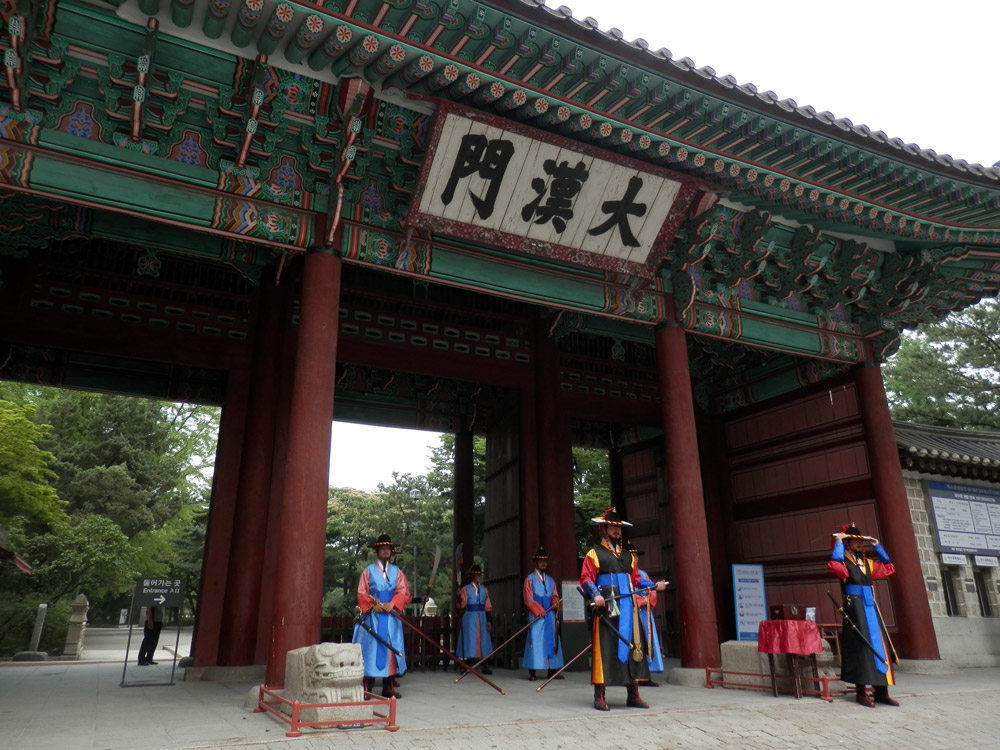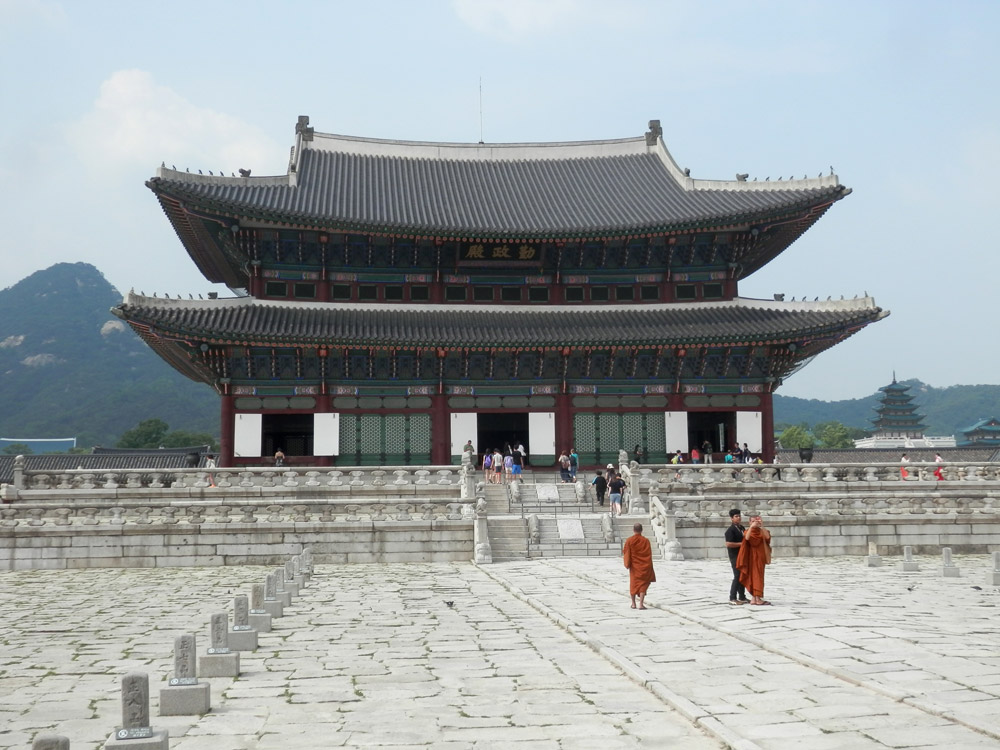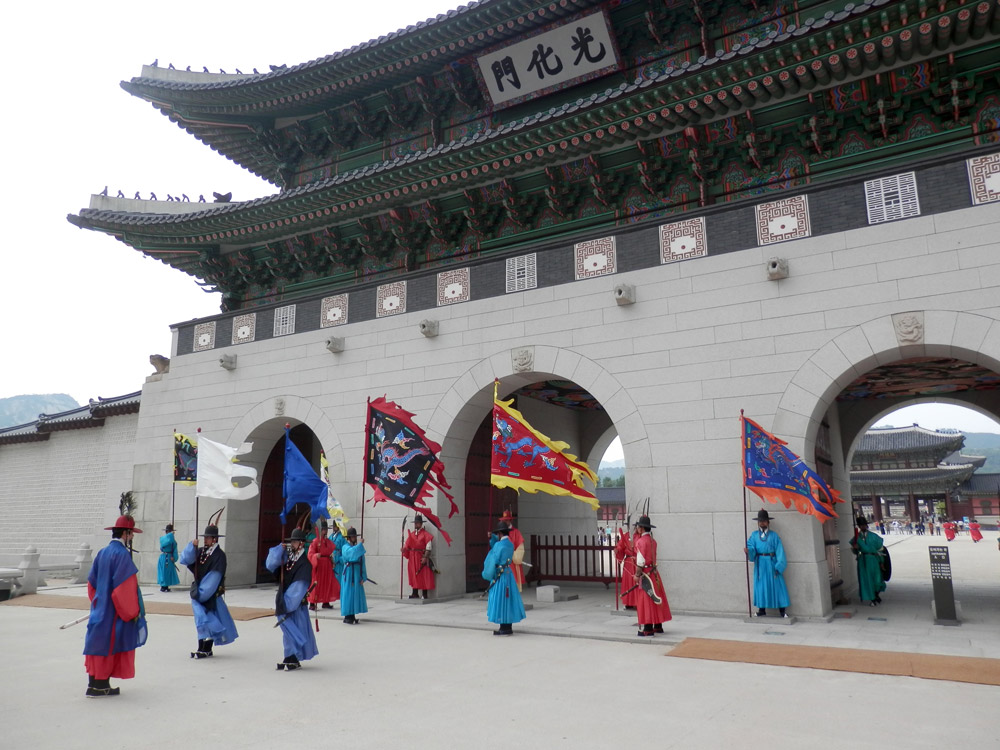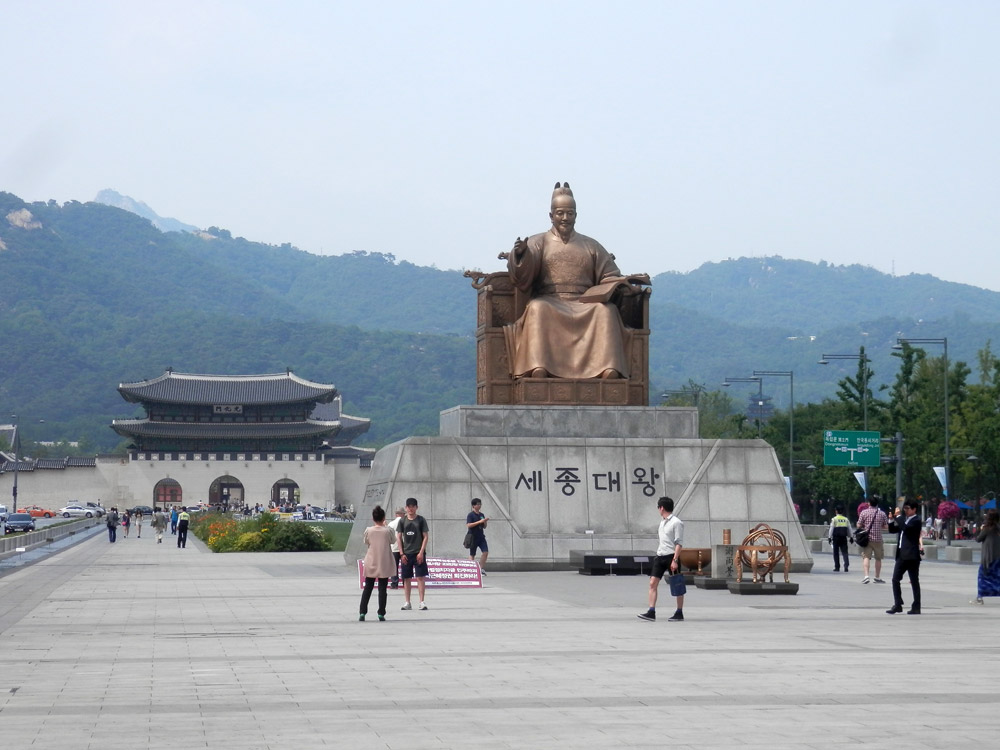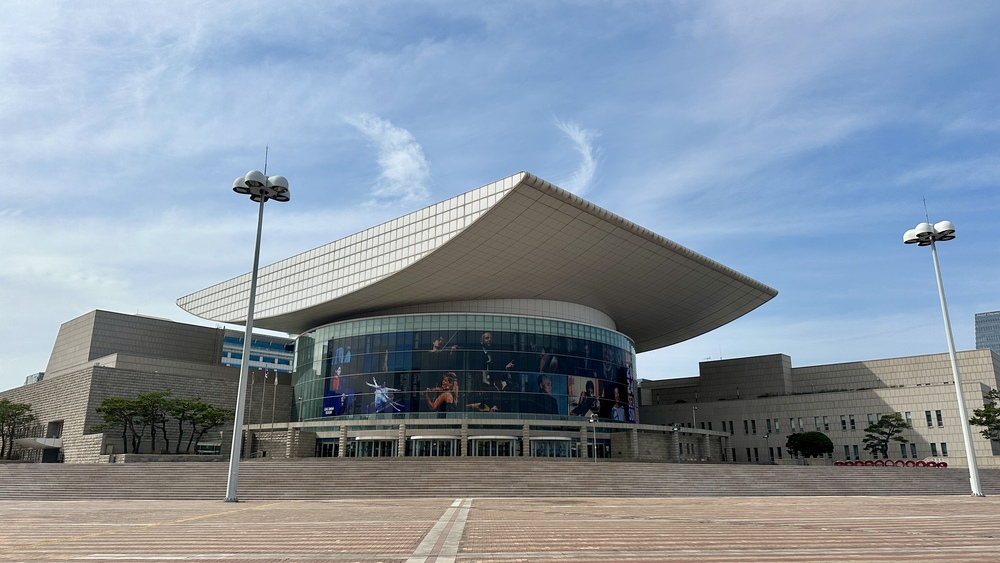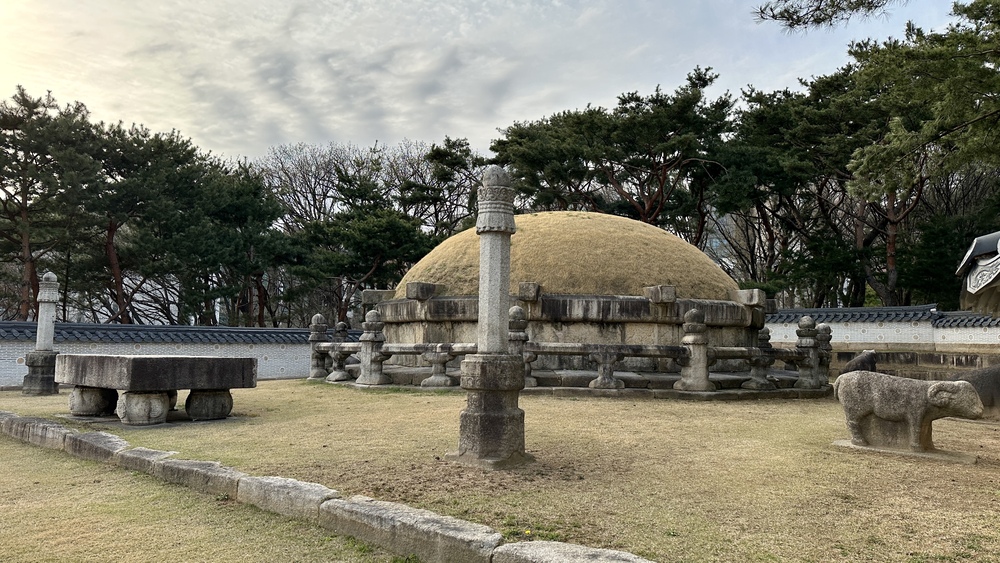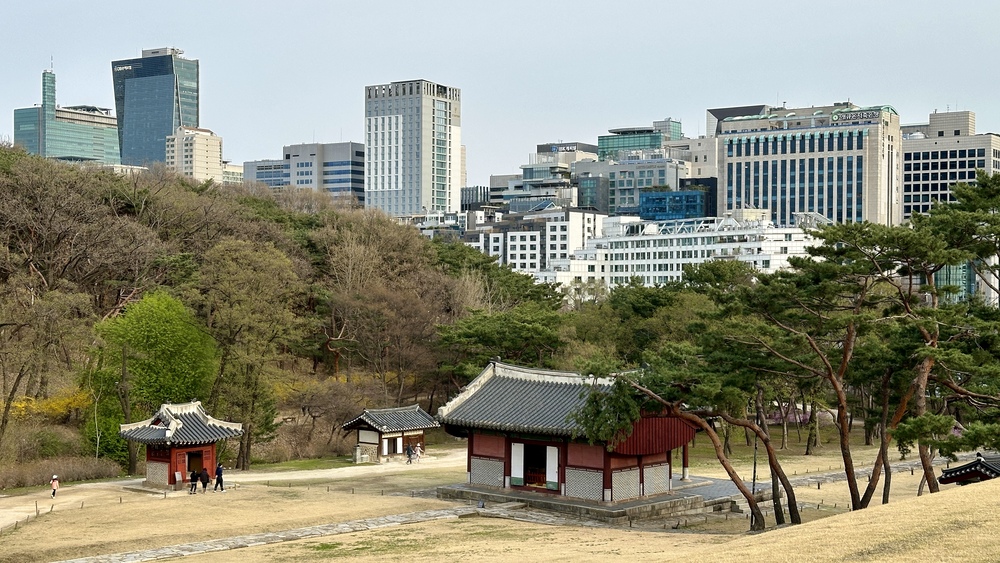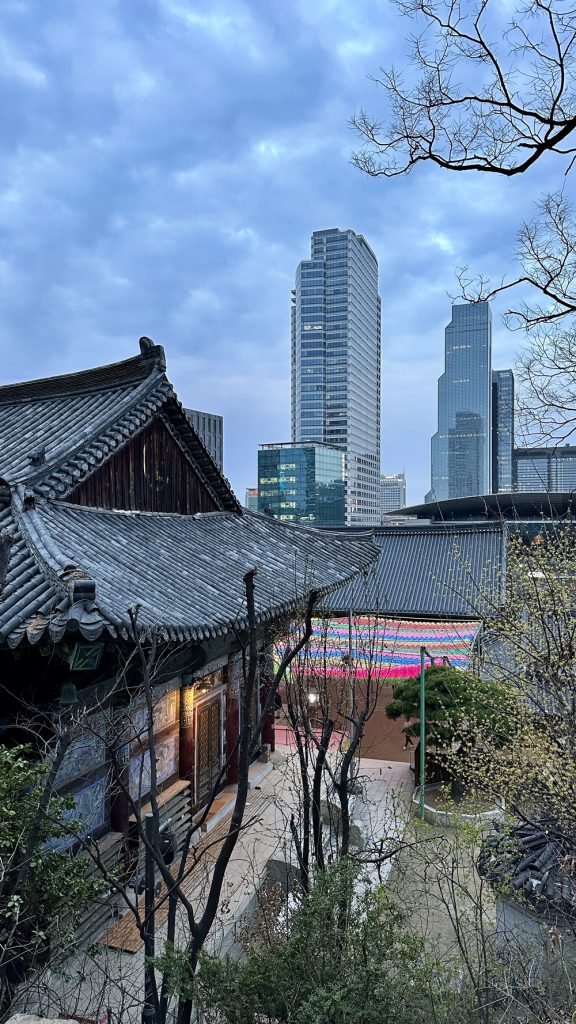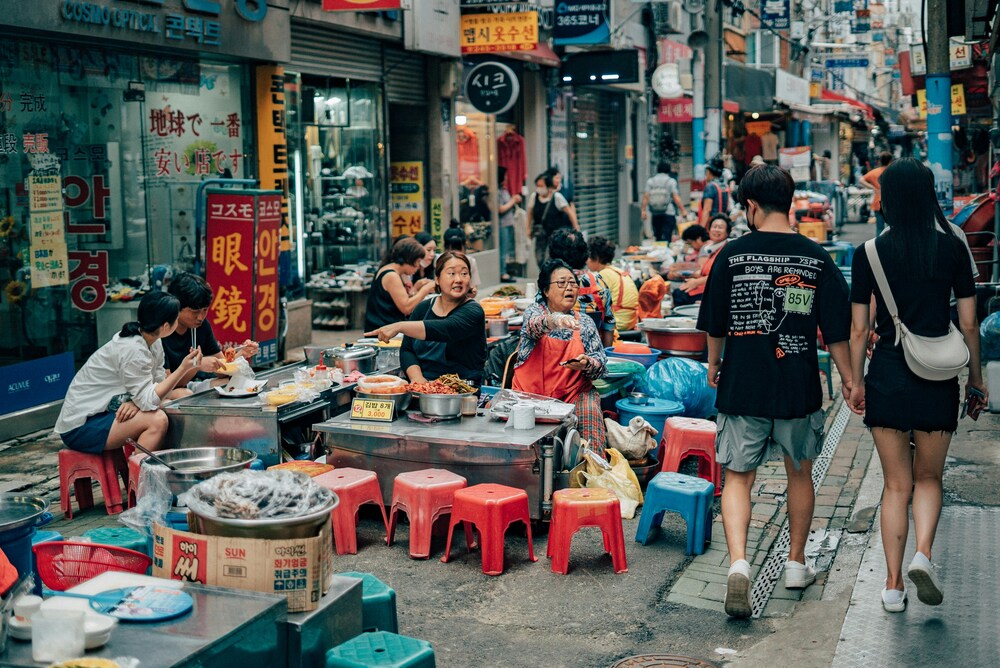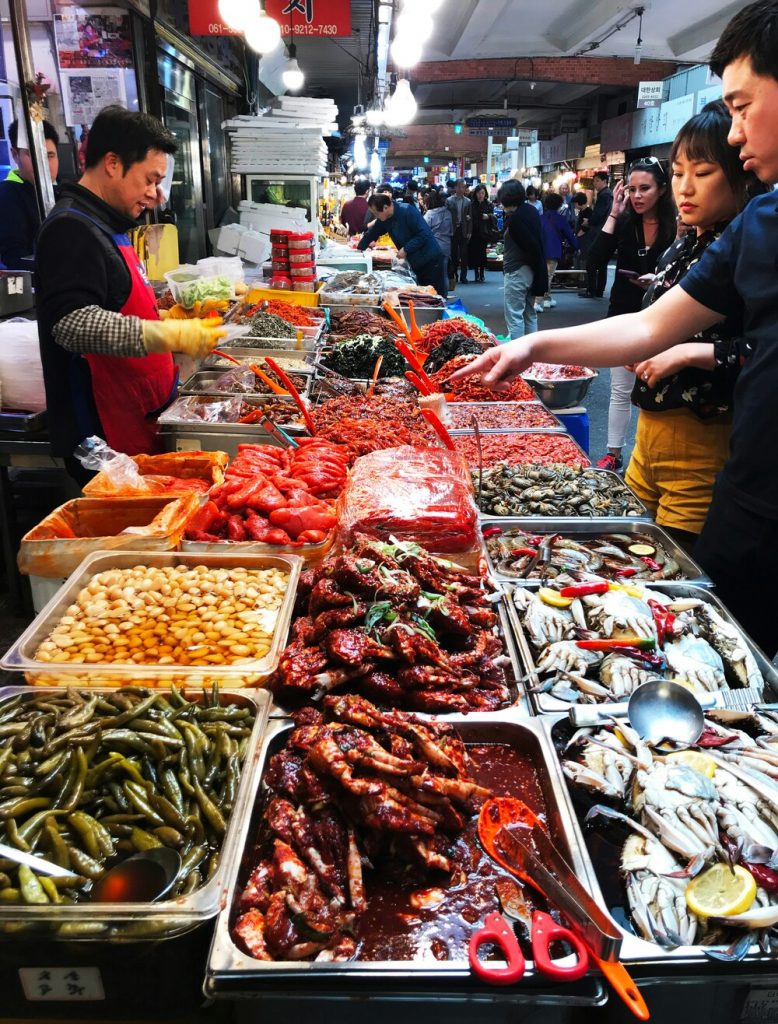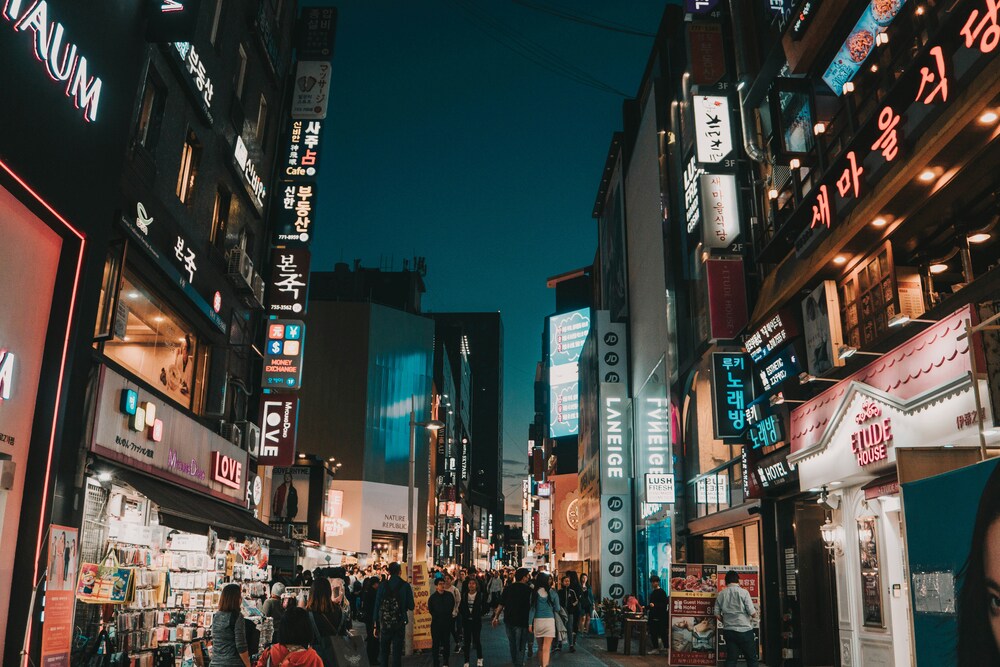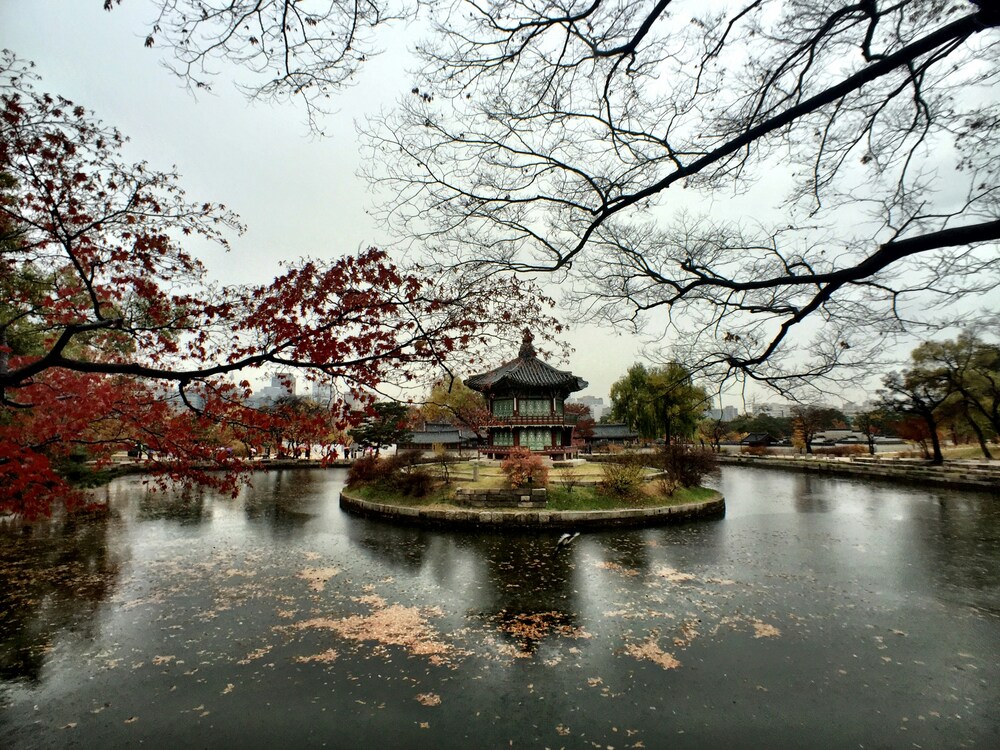YPT Tours to South Korea
Whilst YPT is notorious for its travel packages to North Korea, we are also experts in South Korea tours! The difference between the Koreas is stark and obvious: South Korea is an extremely developed democratic society, famous for its cinema, music, food and culture. However, there are alternative sides of South Korea, far beyond where the average tourist will travel to, well worth seeing!
Modern South Korean culture embodies a dynamic fusion of contradictions, reflecting its deep-rooted history and rapid modernization. Influenced by Confucian values and traditional philosophies, it treasures ancient traditions seen in preserved villages like Hanok, alongside the enduring impact of Confucian teachings on societal norms.
Simultaneously, South Korea leads in technological innovation, with global leadership in electronics and Internet connectivity. The country’s entertainment industry, epitomized by the global phenomenon of K-pop, underscores its contemporary cultural influence through music and fashion. Additionally, South Korean cinema blends traditional storytelling with cutting-edge techniques, garnering international acclaim. This complex interplay between preserving cultural heritage and embracing the future defines modern South Korean identity.
Group Tours to South Korea
YPT does not currently offer group tours to South Korea, but as we constantly extend our tour destinations, please watch this space and our social media accounts for future tours.
Independent Tours to South Korea
YPT can organize a private tour suitable for your dates of travel, period of time and budget to South Korea. You can choose from any of our bespoke tours or inquire about specific tours: whether you want to explore the capital Seoul, venture into the off-the-beaten track sites or explore rural life – YPT has a tour for you! Prices depend on the number of people and what level of accommodation you desire, but YPT can arrange everything you need for perfect independent South Korea tours.
Below is an example itinerary that can be extended or combined with other activities to create independent South Korea tours.
Example of a South Korea Itinerary (9 days)
Day 1 – Seoul
- Arrive in the morning to Seoul, the capital of South Korea.
- Begin our exploration at the DMZ (Demilitarized Zone), a poignant reminder of Korea’s division. Visit the 3rd Infiltration Tunnel, Dora Observatory for views into North Korea, and Dorasan Station, a symbol of hopes for reunification. The DMZ is a heavily guarded buffer zone between North and South Korea, spanning 4 kilometers wide and 250 kilometers long.
- Explore Imjingak Park, featuring monuments and exhibits related to the Korean War and divided families. It includes the Bridge of Freedom, where prisoners of war returned to South Korea, and the Imjingak Pavilion, which offers panoramic views of the DMZ.
- Visit the War Memorial of Korea, where exhibits detail the country’s military history from ancient times to modern conflicts, including the Korean War and its aftermath. The museum houses over 33,000 artifacts and outdoor exhibits such as tanks, aircraft, and artillery pieces.
- Enjoy a traditional Korean lunch.
Afternoon
- Discover Gyeongbokgung Palace, the largest of the Five Grand Palaces built during the Joseon Dynasty. Its architectural grandeur includes the Geunjeongjeon Hall, where the king conducted state affairs, and the Gyeonghoeru Pavilion, an iconic structure set on a lotus pond.
- Stroll through Bukchon Hanok Village, a preserved residential area showcasing traditional Korean houses (hanok) amidst modern Seoul. The village offers insights into the lifestyle of Joseon-era nobility and commoners.
- We will board a Han River cruise for impressive city views.
- Overnight in Seoul.
Day 2 – Seoul
- Visit Cheonggyecheon Stream, a revitalized urban waterway that spans 11 kilometers through downtown Seoul. It offers serene walking paths, art installations, and bridges, providing a contrast to the city’s bustling streets.
- Explore Changdeokgung Palace and its Secret Garden, a UNESCO World Heritage site. The palace complex exemplifies Confucian principles with its architecture and layout, while the Secret Garden features pavilions, lotus ponds, and ancient trees.
- Learn about traditional Korean tea culture at a local tea house, experiencing tea ceremonies and tasting different varieties.
- Lunch at a local restaurant.
Afternoon
- Tour the Seodaemun Prison History Hall, a former prison used during the Japanese occupation. The museum chronicles Korea’s struggle for independence, featuring prison cells, torture chambers, and exhibitions on resistance movements.
- Visit Insadong, a cultural and arts district known for its antique shops, galleries, and traditional Korean handicrafts. It’s a vibrant hub for Korean art, calligraphy, and traditional performances.
- Optional: Explore Seoul’s vibrant nightlife in areas like Hongdae or Gangnam.
- Overnight in Seoul.
Day 3 – Busan
- Take a high-speed train to Busan, South Korea’s second-largest city known for its bustling port and scenic coastline.
- Explore the UN Memorial Cemetery, a serene resting place for UN soldiers who died during the Korean War. The cemetery honors soldiers from 16 countries and features memorials, sculptures, and a memorial hall with historical artifacts.
- Visit the Gamcheon Culture Village, famous for its colorful houses, murals depicting local history and culture, and artistic community. It offers panoramic views of Busan and the coastline.
- Enjoy fresh seafood at Jagalchi Fish Market, Korea’s largest seafood market. Experience local culinary delights such as raw fish (hoe) and grilled seafood.
Afternoon
- Discover Beomeosa Temple, a historic Buddhist temple nestled in the foothills of Geumjeongsan Mountain. The temple dates back to 678 AD and features several halls, pagodas, and a peaceful mountain setting.
- We will Explore Dongbaek Island for sunset views.
- Overnight in Busan.
Day 4 – Gyeongju
- Travel to Gyeongju, often referred to as the “Museum Without Walls” for its abundance of archaeological sites and cultural treasures.
- Explore the UNESCO-listed Bulguksa Temple, considered a masterpiece of Buddhist art and architecture. It includes various halls, pagodas, bridges, and stone lanterns set amidst tranquil gardens.
- Lunch at a local restaurant.
Afternoon
- Visit the Seokguram Grotto, an exquisite Buddhist cave temple housing a monumental Buddha statue. The grotto showcases intricate stone carvings and offers panoramic views of the East Sea.
- Explore the Gyeongju National Museum, housing artifacts from the Silla Kingdom, including gold crowns, pottery, and ancient weapons.
- Attend a traditional Silla music and dance performance.
- Overnight in Gyeongju.
Day 5 – Andong
- Journey to Andong, known for its traditional culture and UNESCO-listed Hahoe Folk Village. This well-preserved Joseon-era village features thatched-roof houses, traditional workshops, and cultural performances.
- Experience a guided tour of Hahoe Folk Village, learning about traditional Korean architecture, Confucian values, and local customs.
- Enjoy a traditional Andong Jjimdak (steamed chicken) lunch, a famous local dish known for its savory flavor and tender chicken.
Afternoon
- Visit Dosan Seowon, a Confucian academy founded in 1574. The academy served as a center for education and the study of Confucianism, reflecting the scholarly pursuits of Joseon-era intellectuals.
- Optional: Participate in a traditional mask dance performance or stroll along the Nakdong River.
- Overnight in Andong.
Day 6 – Daegu
- Travel to Daegu, a city known for its rich cultural heritage and modern developments.
- Explore the Donghwasa Temple, a Buddhist temple founded in 493 AD. The temple complex features several halls, pagodas, and the impressive Gatbawi Buddha statue carved into the mountainside.
- Lunch at a local restaurant.
Afternoon
- Visit the Daegu National Museum, showcasing artifacts and exhibits on the region’s history, culture, and archaeological finds.
- Explore Seomun Market, one of Korea’s largest traditional markets, offering a wide range of goods, street food, and local specialties.
- Relax at Duryu Park or enjoy the vibrant nightlife in downtown Daegu.
- Overnight in Daegu.
Day 7 – Jeonju
- Journey to Jeonju, famous for its well-preserved Hanok Village and traditional Korean cuisine.
- Explore Jeonju Hanok Village, featuring over 800 traditional Korean houses (hanok) with tiled roofs, stone walls, and narrow alleyways. Visit craft workshops, tea houses, and cultural centers offering hands-on experiences.
Afternoon
- Enjoy a traditional bibimbap lunch, a famous Korean rice dish topped with assorted vegetables, meat, and gochujang (red chili paste). Jeonju is renowned as the birthplace of bibimbap.
- Visit the Jeonju Hanji Museum to learn about traditional Korean paper-making techniques and the historical significance of hanji in Korean culture.
- Optional: Attend a traditional Korean mask dance performance or explore local art galleries.
- Overnight in Jeonju.
Day 8 – Suwon
- Travel to Suwon, home to Hwaseong Fortress, a UNESCO World Heritage site and a masterpiece of Korean fortress architecture. Built in the late 18th century, the fortress features impressive gates, walls, and command posts.
- Explore Hwaseong Fortress and walk along its fortified walls, offering panoramic views of Suwon and its surroundings.
- Lunch at a local restaurant.
Afternoon
- Visit the Korean Folk Village, an outdoor museum showcasing traditional Korean architecture, crafts, and performances. Experience cultural demonstrations, folk games, and seasonal festivals.
- Optional: Enjoy a traditional Korean performance at the Folk Village or explore Suwon’s vibrant nightlife.
- Overnight in Suwon.
Day 9 – Seoul
- Return to Seoul.
- Explore the bustling markets of Namdaemun and Myeongdong for last-minute shopping and souvenirs. Namdaemun Market is Korea’s oldest and largest traditional market, offering a wide range of goods, from clothing to electronics.
- Visit N Seoul Tower atop Namsan Mountain for panoramic views of Seoul and beyond.
- Farewell lunch at a local restaurant, savoring Korean cuisine one last time.
Afternoon
- Optional visit to a hanbok rental shop for a cultural dress experience, allowing us to dress in traditional Korean attire.
- Transfer to the airport for departure, concluding our journey through South Korea’s political history, cultural heritage, and modern developments.
Bespoke South Korea Tours
As part of our travel packages within Asia, we can offer bespoke and independent South Korea tours. These can be done as full South Korea tours or be combined with other countries, such as Japan or China.
For more information on the following programs, simply get in touch.
DMZ Tour
Experience one of the tensest “demilitarized” zones in the world! The border region between North Korea and South Korea is filled with interesting monuments, a unification village and observatory decks where you can see North Koreans on the other side of the zone. There is a lot of interesting history on display and incredibly shocking experiences – the zone is riddled with hundreds of landmines, four “secret tunnels”, and uniformed South Koreans. The DMZ is a must see for history and geopolitical lovers!
In-depth Seoul Tour
Seoul is an incredibly developed city with lots of flash restaurants, shops and things to do. Seoul is the heart of Korean culture, with incredible cuisine around every corner and is soaked in pop culture symbolism. However, there is more to Seoul. Try visiting the Dongdaemun Design Plaza for futuristic exhibits, see the incredible street art in Hongje-Dong Village and the Seoul 7017 Sky Walk, offering incredible night views of the city.
Koreas Combo Tour
While North Korea is currently closed to foreign tourists, in the future consider combining both South Korea and North in a singular tour! The stark differences are obvious, but there is a uniting sense of identity bonding these two enemies together. In the South, enjoy a country of hyper tourism, modern cities and democratic systems, before traveling North to a country much different in almost every way!
Busan Tour
Busan is an incredible place to visit to unwind and relax. Busan is located in the South of the country and boasts fantastic beaches and incredible food you have to try! You can also explore other elements of the incredible nature here such as the mountains and dive deep into traditional Korean culture by visiting ancient temples such as the Haedong Yonggung Temple and the Gamcheon Culture Village!
Dandong to Incheon Ferry
Do you want to make the most out of your visit to North Korea or China? Book the Dandong Ferry from China to South Korea for an overnight boat trip like no other! You can reserve a cabin for yourself and friends and it is a cheap way to travel across the Yellow Sea. Sailing time is 14 – 16 hours and is an overnight tour.
Korean Food Tour
Explore the ever-evolving food scene of Seoul with a visit to Gwangjang Market, one of the largest traditional markets in South Korea. There, you will sample all sorts of delicious Korean street food, from kimchi and bibimbap to tteokbokki (spicy rice cakes) and Korean BBQ. We can also organize a cooking class so you can learn how to make some of your favorite Korean dishes. This is a great way to learn about Korean cuisine and culture. And why not going on a soju tour, to learn about Korea’s most popular alcoholic beverage?
Filming in South Korea
South Korea is a great location for filmmakers and journalists to visit for its modern cities, traditional and new culture, as well as the incredible environment. Through our media arm Pioneer Media, we can plan for productions, journalists, or others to film within South Korea from big budget to guerrilla productions. We can also arrange meetings in the country, as well as correct visas for journalists wishing to do projects within New Caledonia.
Frequently Asked Questions About Travel To South Korea
GALLERY
